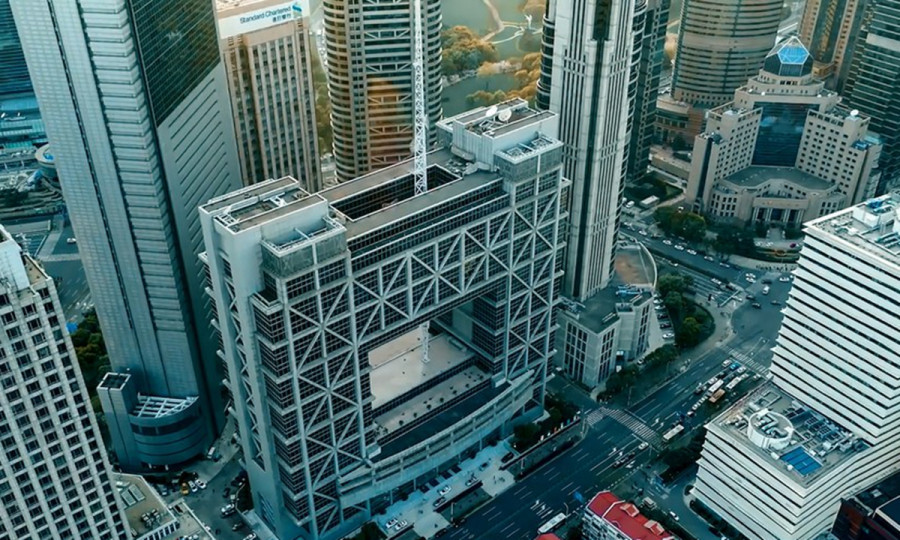Lihat juga


 13.02.2023 02:50 PM
13.02.2023 02:50 PMThe Asia-Pacific indicators continue to decline. The exception is China's Shanghai Composite and Shenzhen Composite, which added 0.74% and 0.72% respectively. Other indices were declining. The Australian S&P/ASX 200 index was down 0.21%, Hong Kong Hang Seng Index dropped by 0.16%, and the Korean KOSPI lost 0.72%. Japan's Nikkei 225 declined the most by 0.91%.
Trading participants are evaluating a number of factors, one of which is the potential further increase of the interest rate by the US Fed. Investors fear that such steps may lead to economic recession. In addition, large-scale job cuts at a number of large enterprises are a negative signal.
Tomorrow, the statistical data on the inflation growth rate for the first month of the new year will be published. According to experts' forecasts, the consumer price growth rate is expected to decrease again to 6.2% from the December level of 6.5%. For the entire last year, inflation peaked at 9%. Although this indicator began to decline towards the end of last year, it is still well above the target of 2%. In addition, the vast majority of experts predict a further increase in the interest rate to 4.75-5%.
Meanwhile, markets are under pressure from tensions between China and the US after a Chinese balloon was shot down last week by the US military. According to the US authorities, it was a reconnaissance aircraft.
Among Chinese companies traded on the Hong Kong Stock Exchange, the most significant decreases were observed in Link Real Estate Investment Trust, which fell by 12.9%, New World Development, which dropped by 6.5%, Henderson Land, which lost 4.3%, as well as Hang Lung Properties, which decreased by 2.5%.
The Shanghai Composite index was boosted by Sany Heavy Industry, which was up 9.9%, as well as Kweichow Moutai and Contemporary Amperex Technology, Co. Ltd. (CATL), gaining 3.1% each.
In Japan, there are coming changes in the leadership of the country's central bank. As early as tomorrow, the government will nominate a candidate for the position of central bank governor. At the end of last week, the prime minister chose 71-year-old Kazuo Ueda. The current head of the central bank will step down in a month.
The decline in the Japanese Nikkei 225 index was contributed by Tokyo Electron, which fell by 4.7%. Shiseido dropped by 4.2%, Nintendo lost 1.6%, and SoftBank Group and Fast Retailing declined by 1.4% and 1.2% respectively. Renesas Electronics shrank 0.5%.
You have already liked this post today
* Analisis pasaran yang disiarkan di sini adalah bertujuan untuk meningkatkan kesedaran anda, tetapi tidak untuk memberi arahan untuk membuat perdagangan.

